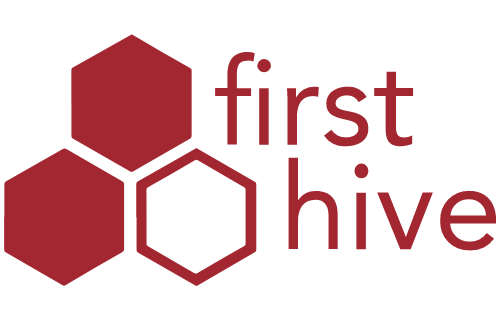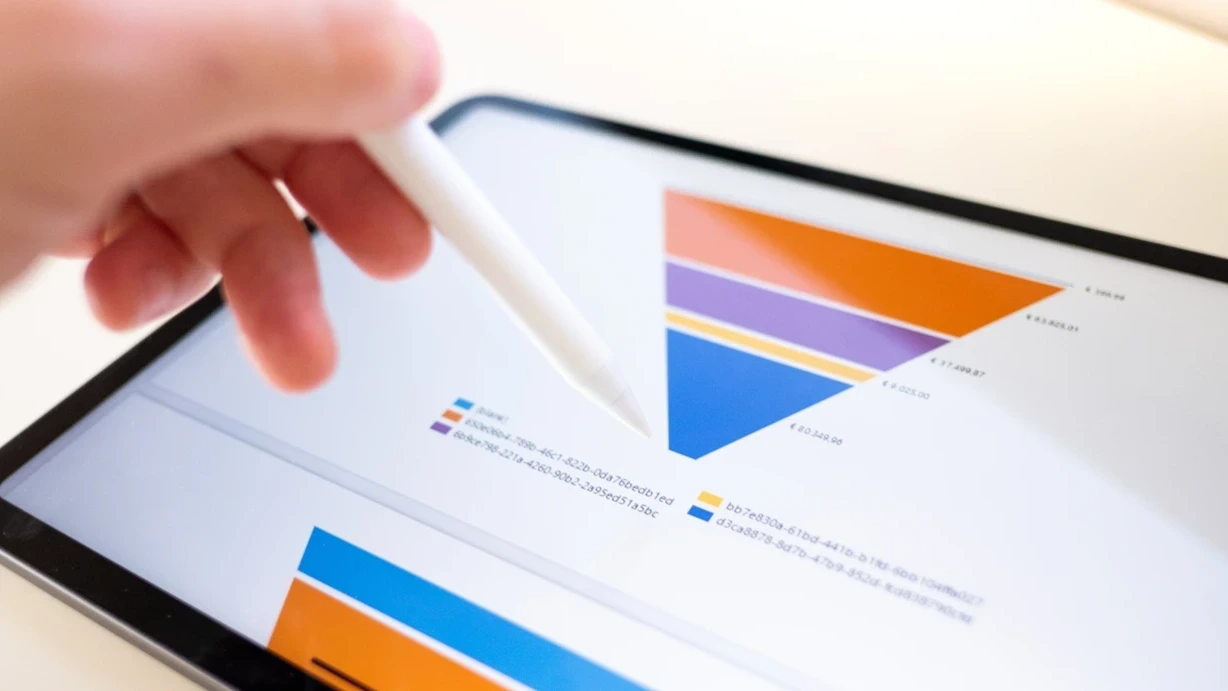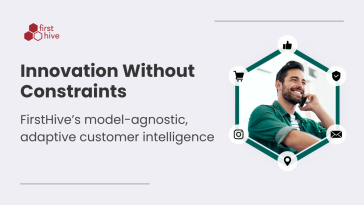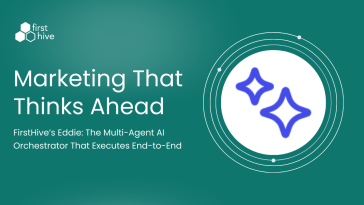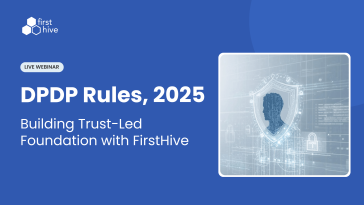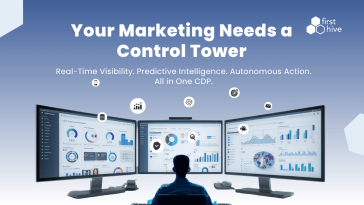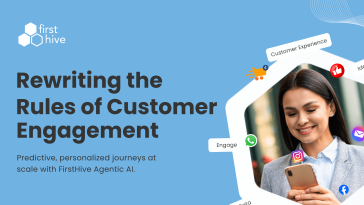Understanding the Marketing Funnel: Getting the Basics Down
Before we dive into the best marketing funnel examples, let’s make sure we’re on the same page about what a marketing funnel is and how it works. At its core, a marketing funnel is a framework that visualizes the customer journey from awareness to conversion and beyond. It’s a step-by-step process that guides potential customers through different stages, with the ultimate goal of turning them into loyal advocates.
Stages of the Marketing Funnel
To understand how marketing funnels work, let’s break down the different stages:
- Awareness: This is the top of the funnel where prospects become aware of your brand, product, or service. It’s all about grabbing attention and generating interest.
- Consideration: In this stage, prospects are evaluating their options and considering whether your solution aligns with their needs and preferences.
- Conversion: This is where the magic happens! Prospects make the decision to become customers and take the desired action, such as making a purchase or signing up for a newsletter.
- Loyalty: The journey doesn’t end at conversion. Building customer loyalty is essential for long-term success. This stage focuses on nurturing relationships and turning customers into repeat buyers and brand advocates.
The Best Marketing Funnel Examples
Now that we have a solid understanding of marketing funnels, let’s explore some of the best examples from various industries:
- Example 1: The Close
The Close, a leading sales blog, showcases how different businesses use sales funnels to close deals. Their ultimate sales funnel examples highlight the importance of understanding your audience and crafting personalized experiences. - Example 2: Unlocking Success
Unlocking Success provides real-world marketing funnel examples and strategies. They emphasize the flaws of traditional models and provide actionable insights to increase conversions at each stage of the funnel. - Example 3: How to Build and Optimize a Marketing Funnel
This comprehensive guide explains the stages of a marketing funnel and delves into the importance of a full-funnel approach. It also highlights how Amazon Ads can assist with full-funnel advertising. - Example 4: UpLead
UpLead walks you through 12 digital marketing sales funnel examples and extracts valuable lessons from each. From Netflix to Warby Parker, these examples illustrate how different businesses create effective sales funnels that convert. - Example 5: Experts’ Curated Sales Funnel Examples
This resource provides curated sales funnel examples from experts across industries. With a focus on B2B and B2C brands, these examples offer insights into effective strategies and customer journey enhancement.
Why Marketing Funnels Are Important
Marketing funnels play a crucial role in driving business success. Here’s why they are so important:
- Clear Direction: Marketing funnels provide a clear path for guiding potential customers through each stage, ensuring they don’t get lost along the way.
- Optimized Conversion: By understanding the customer journey, you can optimize each stage to increase conversions and generate more revenue.
- Improved Customer Experience: A well-designed marketing funnel creates a seamless and personalized customer experience, enhancing satisfaction and loyalty.
Revolutionizing Your Funnel: Educational and Enthusiastic Elements
While the scraped data has provided valuable insights, let’s take it a step further by incorporating educational and enthusiastic elements into your marketing funnel. These elements can truly revolutionize your funnel and set you apart from the competition.
Educational Elements
1. Valuable Content: Offer educational resources such as blog posts, e-books, and webinars to provide value and establish your brand as a thought leader.
2. Educational Emails: Send targeted emails that educate your prospects about your product or service, highlighting its benefits and unique features.
Enthusiastic Elements
1. Engaging Videos: Create captivating videos that showcase your product or service in action, evoking enthusiasm and excitement in your prospects.
2. Social Proof: Leverage testimonials, case studies, and reviews to build trust and generate enthusiasm among potential customers.
Final Thoughts
Marketing funnels are essential for driving business growth and maximizing conversions. By studying the best marketing funnel examples and incorporating educational and enthusiastic elements, you can create a powerful and effective funnel that drives results. Remember, understanding your audience, personalizing their journey, and providing value are key to success. Now it’s time to put your knowledge into action and revolutionize your marketing funnel!
By incorporating FAQs into your marketing funnel, you can address customer concerns, provide valuable information, and ultimately increase conversions. Remember to keep your FAQs organized, concise, and regularly updated to maximize their effectiveness. With a well-structured marketing funnel and informative FAQs, you’ll be well on your way to revolutionizing your marketing strategy and driving business growth.
